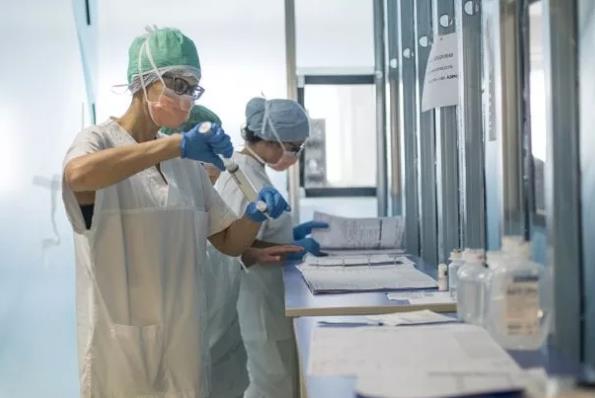January 15th that the Financial Times website published a report entitled “Vaccine manufacturers prepare for the cat and mouse game of COVID-19” on January 10.
The mutation of the virus forced scientists to retest their COVID-19 vaccine and prepare for adjusting the formula. At the same time, regulators are considering how to speed up approval and whether to use the approval of seasonal influenza vaccine as a reference. The full text is excerpted as follows:
Early Prepared: As of now, the vaccine still seems to be effective for the COVID-19 variant.
But Andrew Pollard, head of Oxford Vaccine Group, warned that there could be more mutations in the future.
“To guard against further variations, it is wise to design a new vaccine now,” said Andrei Zarul, CEO of Greenlight Biosciences, which is producing mRNA (Murierribonucleic Acid) vaccine.
The new vaccine is more likely to continue to guard against new variants.
Biotech says it can produce a new vaccine in six weeks. Paul Duprex, director of the University of Pittsburgh Vaccine Research Center, said that the “won” of mRNA is that it uses “human beings as factories” to make the protein needed to trigger the immune response.
Pollard said it may take a few days to design a new formula for the Oxford/AstraZeneca vaccine for adenovirus vectors, but it will take much longer to produce.
“What takes time is the production process – putting new seeds into production facilities and producing millions of doses of new vaccines,” he said.
Healthcare-focused analyst Jeffrey Boggs estimates that in the case of mRNA vaccines, the whole process will take three to six months before the new version of the vaccine can be vaccinated.
He said that it takes six to eight months for adenovirus vector vaccines, and recombinant protein vaccines may take up to nine months.
Accelerated approval: The length of this time also depends on the regulatory requirements for approval of a modified vaccine.
The European Drug Administration and the Food and Drug Administration of the United States have said that the approval mechanism for influenza vaccines (which is modified annually to adapt to the most popular influenza strains of the year) may provide an example for rapid approval of future coronavirus vaccines.
Peter Hotz, a vaccine expert at Baylor Medical School, said that the FDA needs to provide more details about the approval requirements for adjusted vaccines so that manufacturers do not have to “invent the wheel again”.



